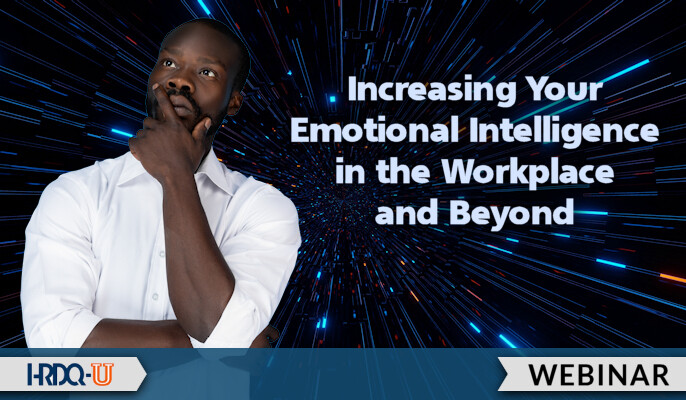Emotional intelligence is the capacity to understand and adeptly manage emotions. It plays a crucial role in articulating appropriate responses and accurately gauging others’ reactions. This skill set includes self-awareness, the ability to recognize and comprehend one’s emotions in real-time, and self-regulation, utilizing emotions constructively rather than allowing them to hinder progress. Additionally, emotional intelligence encompasses motivation, the ability to defer immediate rewards for the pursuit of significant objectives, empathy, the skill of perceiving and understanding others’ emotions. and social competence, which involves interacting with others in a confident, cooperative, negotiating, persuasive, and leadership-oriented manner.
The key elements of emotional intelligence are
- Adaptability
- Resilience
- Personal Change














